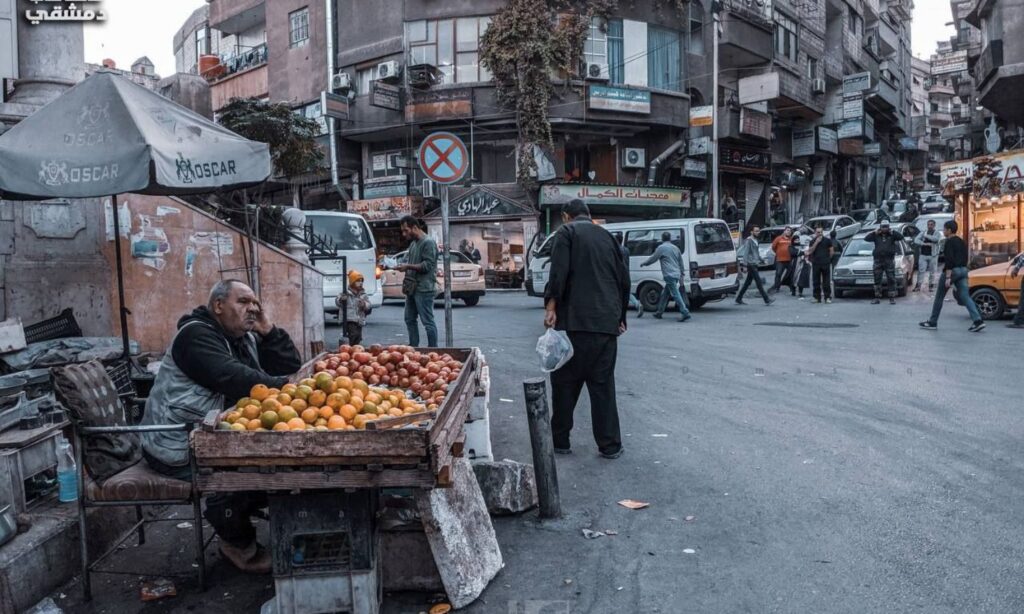Mohammed al-Hamad, 56, a pseudonym for one of the residents of Daryya city in the rural outskirts of Damascus, has been posting pictures of several household items for sale on a Facebook group dedicated to used goods. He hopes to earn some money to cover the cost of a heater and its supplies and to save up for food during the winter.
Al-Hamad, who declined to disclose his real name for security reasons, told Enab Baladi that he has been selling everything that is not used in his house for several months, such as the fridge and water heater, due to the lack of electricity, as well as extra woolen blankets and his expatriate children’s bedroom sets.
He explained that each item has its own memories and had a story behind it, but the difficult economic situation forced him to sell them. The declining living conditions and the rapid collapse of the Syrian currency have led many families to sell their household furniture to cover other expenses such as food, medicine, and baby supplies.
Women have also become active in Facebook buying and selling groups, offering used household items like kitchen utensils and old clothes after exhausting their valuable possessions like gold jewelry or savings.
Due to poverty and necessity, people are now offering items for sale that were not previously sold, like their children’s clothes and even small toys such as building blocks and plastic dolls.
Samia al-Saeed, 42, from the city of Moadamiyet al-Sham, and her family of four told Enab Baladi that the savings she had accumulated years ago, as well as the gold jewelry she wore on her wedding day and inherited from her mother, ran out several years ago.
Al-Saeed (a pseudonym for security reasons) added that all these things were sold to buy food, pay hospital bills, and cover the rent of the house. She has been living for about a year now by selling items from her home, such as a pot that she no longer uses or a set of cups given to her by a friend when she gave birth, in addition to the guest room, the vacuum cleaner, and the woolen carpet.
Over the years of suffering, people in Rif Dimashq governorate have relied on austerity measures and cutting expenses to cope with the deteriorating reality. This includes giving up basic services such as switching from private education to public schools, not using diesel generators to save electricity, buying used clothes, and avoiding expensive meat and fruits.
However, these measures are no longer effective in the face of ongoing poverty. Currently, 9 out of 10 Syrians live below the poverty line, and 70% of the total population requires humanitarian assistance, according to United Nations data.
Syrian laws only set the minimum wage for public sector workers in areas controlled by the Syrian government, which amounts to around 186,000 Syrian pounds, equivalent to about 14 US dollars, following the latest salary increase in mid-August.
The exchange rate of the US dollar is 14,200 Syrian pounds, according to the S-P Today website, which specializes in currency exchange rates.
Syria is among the six countries with the highest rates of food insecurity in the world. There are 12.1 million people in Syria, more than half of the population, who suffer from food insecurity, and more than 90% of the population lives below the poverty line, according to UN statistics.

